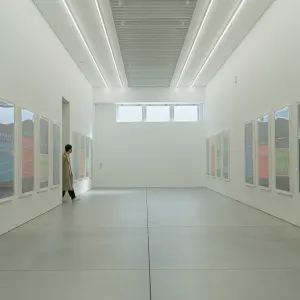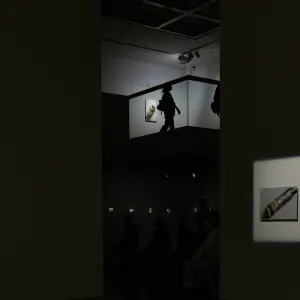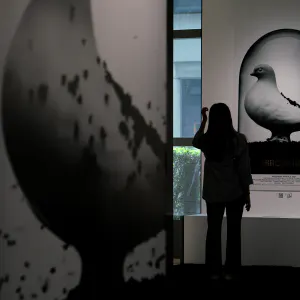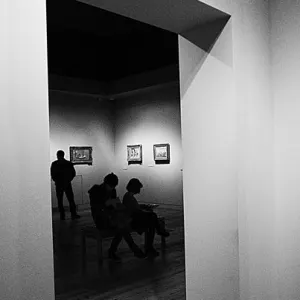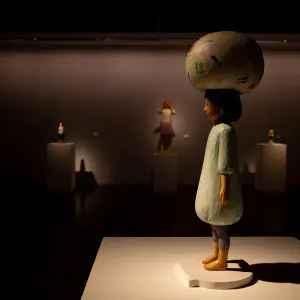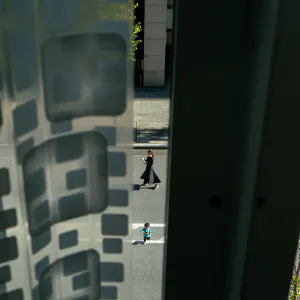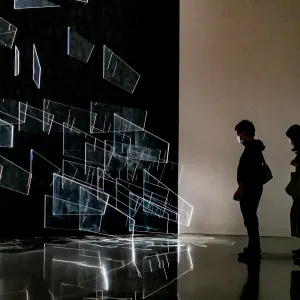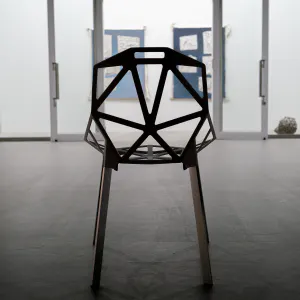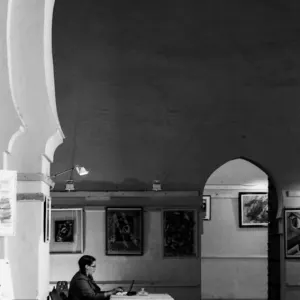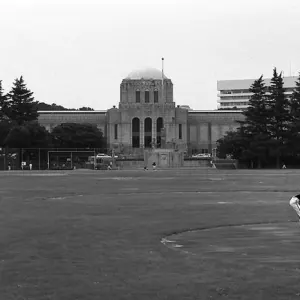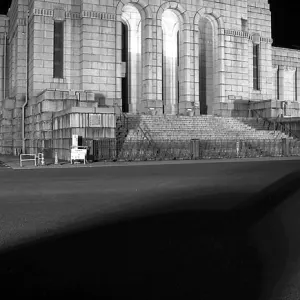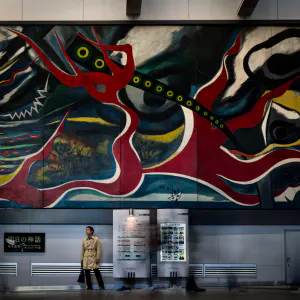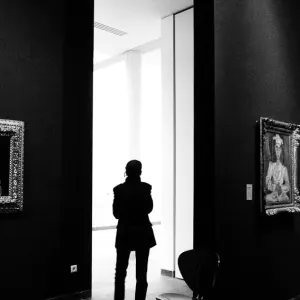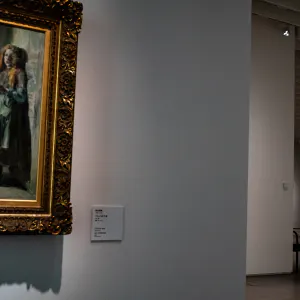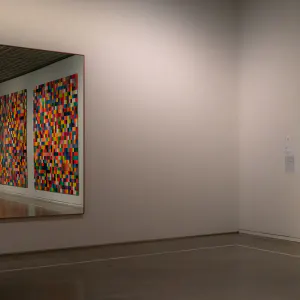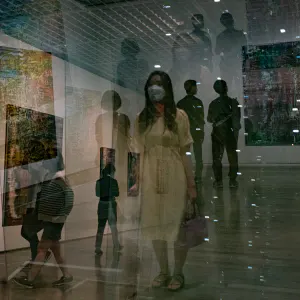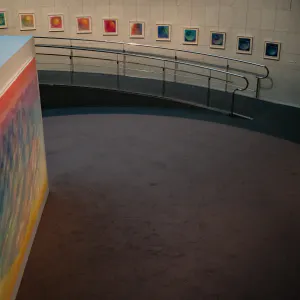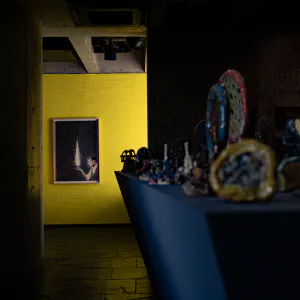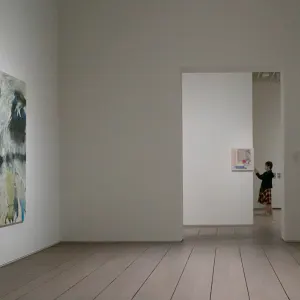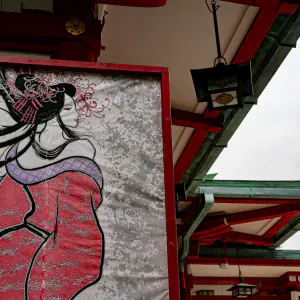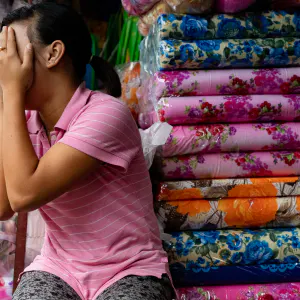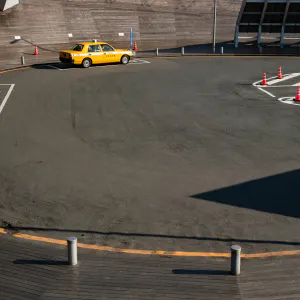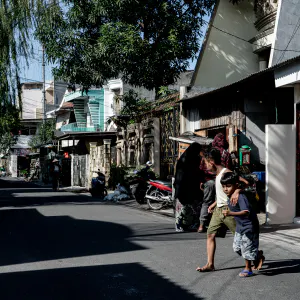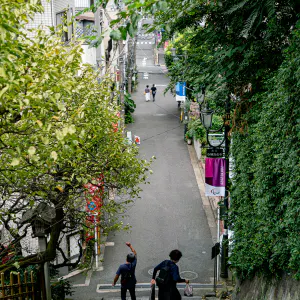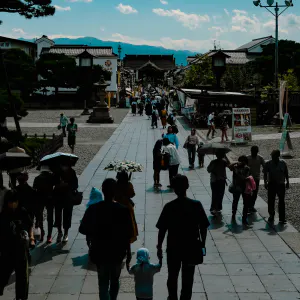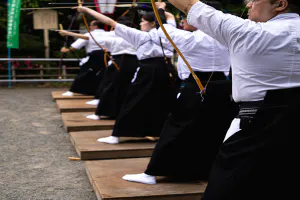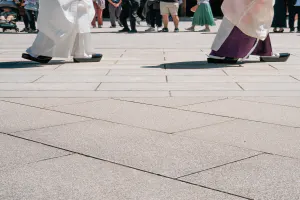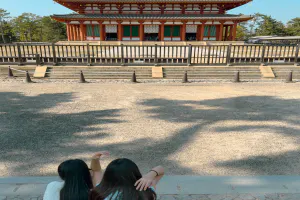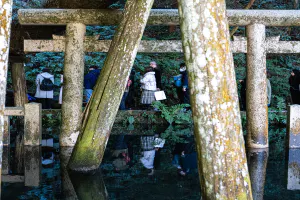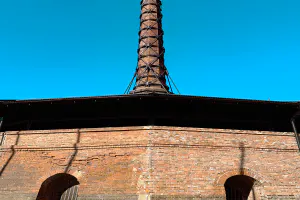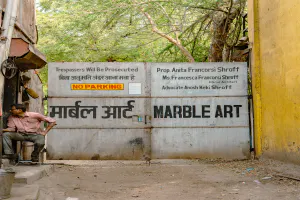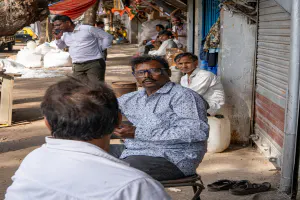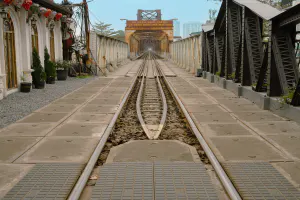An exhibition of Hiroshi Nagai's illustrations was held at the Bunkamura gallery
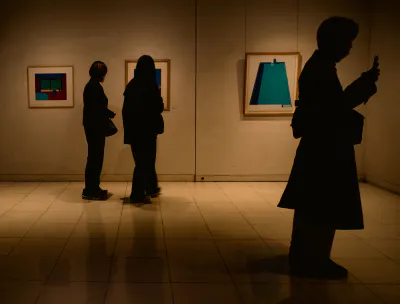
One word that we used to hear often in the past, but have recently become quite unheard of, is "mécénat." It is when a company provides funds to support cultural and artistic activities. It seems like a very generous thing nowadays to financially support activities that do not directly contribute to profits. In 1988, Japan was in the midst of a bubble economy. It is quite understandable that such a generous act became popular at a time when there was a glut of money in Japan.
When I hear of corporate mécénat activities, Bunkamura in Shibuya comes to mind. Bunkamura, which was built as the core of the Tokyu Group's "cultural strategy," has an art museum, a mini-theater, and a concert hall, all of which fit the mécénat activities that I envision. When I visited Bunkamura to see that it was closing for a long period of time, I found an exhibition by Hiroshi Nagai in the gallery on the first floor. It seemed meaningful that Bunkamura, which opened in the midst of the bubble economy, would close with an illustration by Hiroshi Nagai, who painted city pop record jackets in the 1980s.
| Jun 2023 PEOPLE TOKYO | |
| GALLERY PAINTING SHIBUYA SILHOUETTE |
PHOTO DATA
No
12513
Shooting Date
Mar 2023
Posted On
June 24, 2023
Modified On
August 7, 2023
Place
Shibuya, Tokyo
Genre
Street Photography
Camera
RICOH GR III
